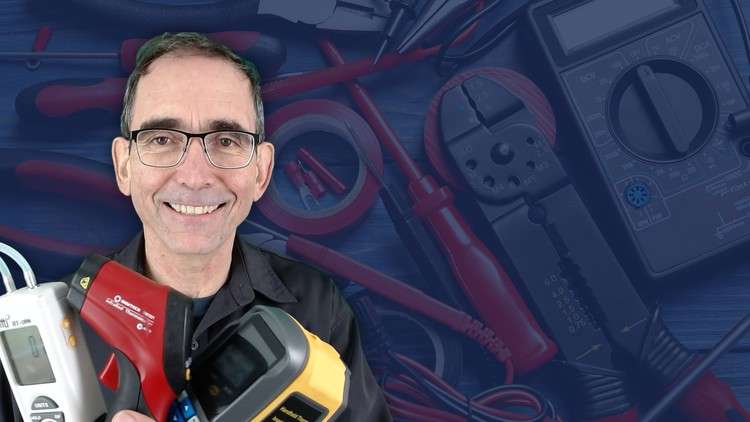
A Practical Guide to Essential Characteristics in Energy Audit Tools – Your Gateway to Expertise in Energy Auditing
What you will learn
The characteristics you should be looking for in any tool
Practical guidance on usage of measurement tools
For each category of measurement tool: How useful, what to measure, what tool to use, what can go wrong and how to avoid this
How to take CSV data and convert it into useful information
What free spreadsheet tools are available for energy auditors
The importance of presentation and communication tools – and where to find some great tools
Description
Energy Audit Tools Course
We’ve developed this energy audit tools course to help energy auditors buy or hire energy audit tools to know what to look for, how to best use different tools, and avoid common mistakes in tool purchases. Energy auditors with knowledge of energy auditor tools should end up with a toolkit that hasn’t cost an arm and a leg but helps them do better audits.
Get ready to wield your tools with confidence and precision!
- Learn the crucial characteristics to look for in any energy auditing tool.
- Gain practical insights into the usage of measurement tools for accurate assessments.
- Discover how to effectively use various measurement tools, what to measure, and how to avoid common pitfalls.
Tools for Energy Auditors Description
Most energy users wanting to hire an energy auditor expect him to have available various tools to aid in identifying and quantifying energy savings opportunities. But there is little guidance on what tools are needed and how to assess a tool for its suitability.
Without this knowledge, you may end up buying tools that are rarely, if ever, used, or perhaps you end up with regularly used tools that are cumbersome and hard to use.
This energy audit tools course provides guidance on the characteristics you should be looking for in a tool. It discusses each category of measurement tool that auditors commonly use:
- Electrical measurement tools for measuring voltage, amps, true RMS power, power factor
- Water flow measurement tools focussing on ultrasonic flow meters
- Temperature sensors and loggers
- Infrared thermometers and infrared cameras / thermal cameras
- Airflow measurement, including turbine anemometers and hot wire anemometers
- Air pressure measurement
- A range of other measurement tools
Our Tools for Energy Auditors course then looks at data collection tools, software tools, and tools that aid in communication and engagement.
Following this energy audit tools course, you should have a good idea of the tools you need and how you can best use them to aid your energy audits.
Content